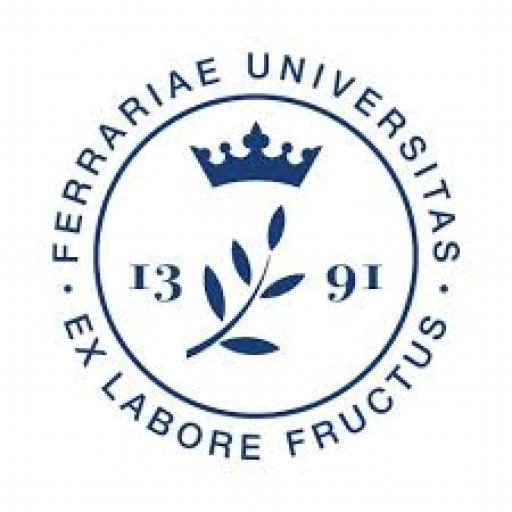Photos of university / #universitaet.tuebingen
Educational organisation
The course is structured in roughly three phases. In the first semester (phase 1), students will be introduced to all fields of archaeological sciences available at the University of Tübingen to get basic knowledge. In the second and third semesters (phase 2), students choose one of six specialisations in archaeological sciences: paleoanthropology, geoarchaeology, zooarchaeology, archaeobotany, archaeogenetics or archaeometry. In this phase, students will also gain first hand knowledge by participating in scientific laboratories or archaeological fieldwork. In the fourth semester (phase 3), students will write a research-based Master's thesis in their specialisation.Study abroad unit(s)
An international placement is optional.Internships
The students have ample opportunities to participate both in lab work and excavations concerning archaeology and archaeological sciences. Our lab spaces are state of the art and archaeological excavations take place in Europe, Africa, and Asia.Forms of assessment
Written and oral examsWritten work (protocols, essays)
Scientific presentations
Practical laboratory work
Course objectives
Students in the MSc programme in Archaeological Sciences will be able to select a specialisation in a particular field of archaeological sciences. The additional qualifications, which are lacking in more traditional archaeology programmes, make the students more competitive in the job market.Graduates of the MSc programme are ideally qualified for jobs at research institutes, universities, and cultural resource agencies. All students within the MSc programme are required to complete field and practical work, providing real-world experience in archaeological excavations and scientific laboratories. Additionally, courses on scientific writing and research design will give students practical knowledge that will be useful in further stages of their careers.
Language requirements
English language proficiency: native speaker, English-language Bachelor's degree, or English B2 (also possibly English at German Abitur level)Academic requirements
Bachelor's degree in Archaeological Sciences (or equivalent) with a grade of at least 2.5 (German grading system).Enrolment fees
Enrolment fees at the University of Tübingen are currently 142.10 EUR per semester. These fees entitle each student to a semester ticket for public transportation in the city of Tübingen and the surrounding area.Costs of living
The cost of living and accommodation range from 500 EUR to 800 EUR per month, depending on lifestyle. The biggest cost is rent; the cheapest student houses start at 180 EUR per month. Apply for student accommodation at the same time that you apply for admission to the Master's programme (i.e., before you have a confirmed study place).Job opportunities
Students may find jobs as graduate research assistants in projects of the Department of Geoscience.Arrival support
Welcome events are organised by the university. For more information, please see http://www.uni-tuebingen.de/en/international/international-students-in-tuebingen/advice-for-international-students/advisory-course.html.Services and support for international students
During the orientation weeks, (http://www.uni-tuebingen.de/en/international/international-students-in-tuebingen.html), students will be escorted to public authorities for registration purposes and helped with opening bank accounts, registering with the university, and setting up their health insurance. In addition, a number of social events, in which class members can get to know each other, are organised (http://www.uni-tuebingen.de/en/international/international-students-in-tuebingen/getting-started.html).The "Studierenden-Initiative Internationales Tübingen" (http://en.studit-tuebingen.de/) is a group of students at the University of Tübingen that helps new international students settle down in Tübingen and ensures they have a good time during their semester or year abroad.





